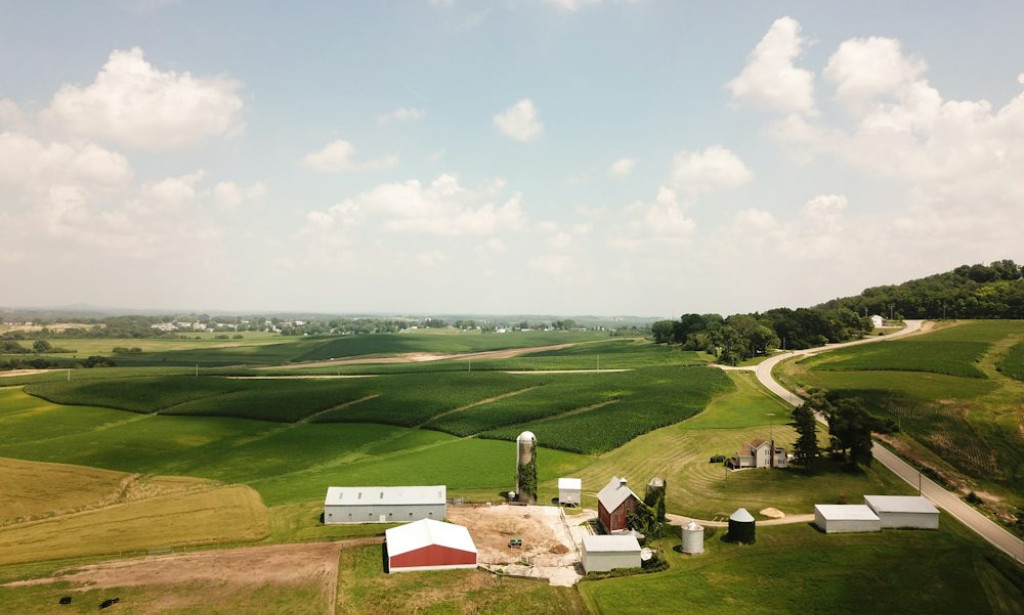Rural migration, the movement of individuals from rural areas to urban centers, has become a global phenomenon driven by various factors such as economic opportunities, improved education, and access to better healthcare. While urbanization offers new prospects, it is essential to examine the disadvantages associated with this shift.
1. LIMITED EMPLOYMENT OPPORTUNITIES:
- Rural migrants often face challenges in finding suitable employment in urban areas, as the job market can be competitive and demanding.
- Lack of diverse skills or specialized training may limit job options for individuals migrating from rural settings.
2. STRAIN ON URBAN INFRASTRUCTURE:
- Rapid rural-to-urban migration places immense pressure on urban infrastructure, leading to issues such as overcrowding, inadequate housing, and stretched public services.
- This strain can result in increased competition for resources, affecting both migrants and existing urban residents negatively.
3. SOCIAL DISLOCATION AND ISOLATION:
- Migrants may experience a sense of social dislocation as they navigate unfamiliar urban environments, potentially leading to feelings of isolation and alienation.
- The breakdown of close-knit rural communities may result in challenges adapting to the fast-paced urban lifestyle.
4. HOUSING AND COST OF LIVING CHALLENGES:
- Affordable housing can be scarce in urban areas, making it difficult for migrants to secure suitable accommodation.
- The higher cost of living in cities often places financial strain on individuals who may be accustomed to a lower cost of living in rural settings.
5. HEALTH RISKS AND ENVIRONMENTAL IMPACT:
- Urban areas may expose migrants to increased pollution, leading to health risks that were less prevalent in rural environments.
- The shift to urban living contributes to environmental challenges, such as increased energy consumption and waste generation.
6. EDUCATIONAL DISPARITIES:
- While urban areas offer better educational facilities, the influx of migrants can strain existing educational resources, leading to overcrowded schools and reduced quality of education.
- Limited access to educational opportunities may hinder the development of skills needed for urban employment.
No doubt rural migration brings about new opportunities, but it is crucial to acknowledge and address the associated disadvantages. Policymakers must focus on developing sustainable urban environments, promoting skill development and aquization also creating policies that mitigate the negative impacts of rural-to-urban migration. Balancing the advantages and challenges can pave the way for more inclusive and equitable urban development as well as the rural areas.


You must be logged in to post a comment.